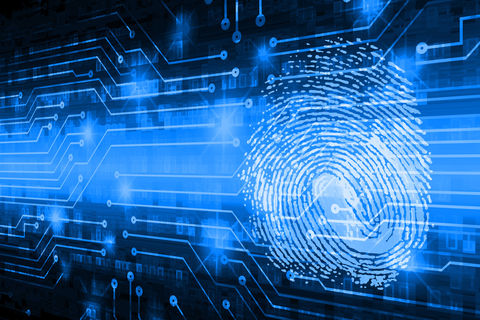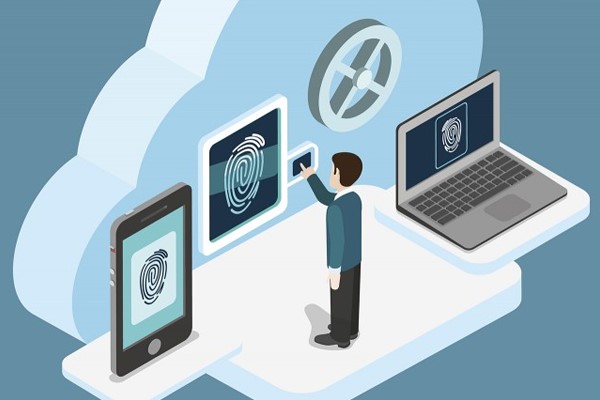Visa reports Indian consumers prefer biometrics to passwords
Indian consumers are keen to use biometrics like fingerprint, facial and voice recognition for authentication, over traditional passwords or PINs, a report by digital payments major Visa has found.
In a survey, Visa found that biometric authentication for payments are seen as more secure than passwords/PINs (48% of respondents) and that it gives consumers peace of mind that their payment is protected (46%). Also, many said biometrics are faster (81%) and easier to use (84%) than passwords. However, 51% said they are concerned about the risk of a security breach of sensitive biometric information.
Visa stated that biometrics are convenient options over conventional methods like passwords or PINs “which are difficult to type onto tiny keyboards, easy to forget, and can be stolen”, the report said.

“The payments ecosystem is witnessing a rapid change in adoption of new form factors of payments and modes of authentication,” Visa India and South Asia Group Country Manager TR Ramachandran said.
He said smartphones today have advanced features increasing the accuracy and speed of biometrics, such that they can be used for financial transactions.
“Indian consumers too have discovered the ease of biometric authentication and are open to using this technology for transactions going forward, which augurs well for the Indian payments industry,” he stated.

